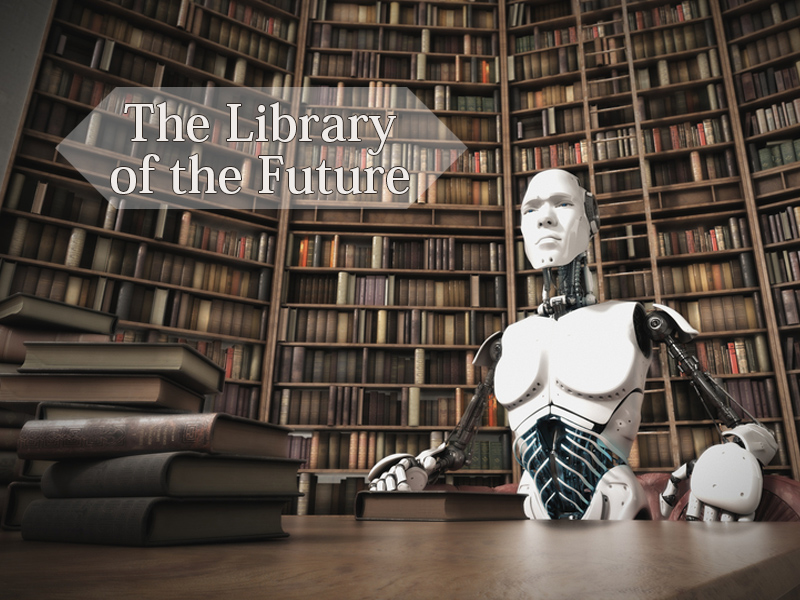- Home
- Services
- Annotated Bibliography
- Army SHARP Essay
- Article Writing
- Article Critique
- Article Review
- Book Report
- Book Review
- Blog Posts
- Business Plan
- Business Reports
- Buy Customized Essays
- Best Writing Service
- Courseworks
- Case Study
- Capstone Project
- Case Brief
- Concept Map
- Discussion Post
- Dissertation
- Editing/Proofreading
- EBP Essay
- Excel Exercises
- Film Analysis
- Film Review
- Formatting Services
- Grant Proposal
- IB Extended Essay
- Illustration Essay
- Interview Writing
- Lab Reports
- Letter Writing
- Literary Analysis
- Literature Review
- Marketing Plan
- Math Problem
- Memo
- Nursing PICO Paper
- Outline Writing
- Poem Writing
- PPT Poster
- Powerpoint Presentation
- PDF Posters
- Questions Answers
- Questionnaire
- Reaction Paper
- Response Paper
- Research Paper
- Research Proposal
- Rewriting Services
- Resume Service
- Short Story Essay
- Speech Writing
- Synopsis Writing
- Speech Analysis
- Shakespeare Essay
- Term Paper
- Thesis Proposal
- Thesis
- White Paper
- Buy Essay Paypal
- Music Essay
- Essay Topic Suggestion
- Speech Analysis
- How it works
- Order
- Prices
- Discounts
- About us
- Blog
- Samples
- FAQ
- Contacts
Our website uses cookies to offer you the most relevant experience and optimal performance.
By clicking ‘Accept’ you agree to the storing of cookies on your device.
Services
- Annotated Bibliography
- Army SHARP Essay
- Article Writing
- Article Critique
- Article Review
- Book Report
- Book Review
- Blog Posts
- Business Plan
- Business Reports
- Buy Customized Essays
- Best Writing Service
- Courseworks
- Case Study
- Capstone Project
- Case Brief
- Concept Map
- Discussion Post
- Dissertation
- Editing/Proofreading
- EBP Essay
- Excel Exercises
- Film Analysis
- Film Review
- Formatting Services
- Grant Proposal
- IB Extended Essay
- Illustration Essay
- Interview Writing
- Lab Reports
- Letter Writing
- Literary Analysis
- Literature Review
- Marketing Plan
- Math Problem
- Memo
- Nursing PICO Paper
- Outline Writing
- Poem Writing
- PPT Poster
- Powerpoint Presentation
- PDF Posters
- Questions Answers
- Questionnaire
- Reaction Paper
- Response Paper
- Research Paper
- Research Proposal
- Rewriting Services
- Resume Service
- Short Story Essay
- Speech Writing
- Synopsis Writing
- Speech Analysis
- Shakespeare Essay
- Term Paper
- Thesis Proposal
- Thesis
- White Paper
- Buy Essay Paypal
- Music Essay
- Essay Topic Suggestion
- Speech Analysis
